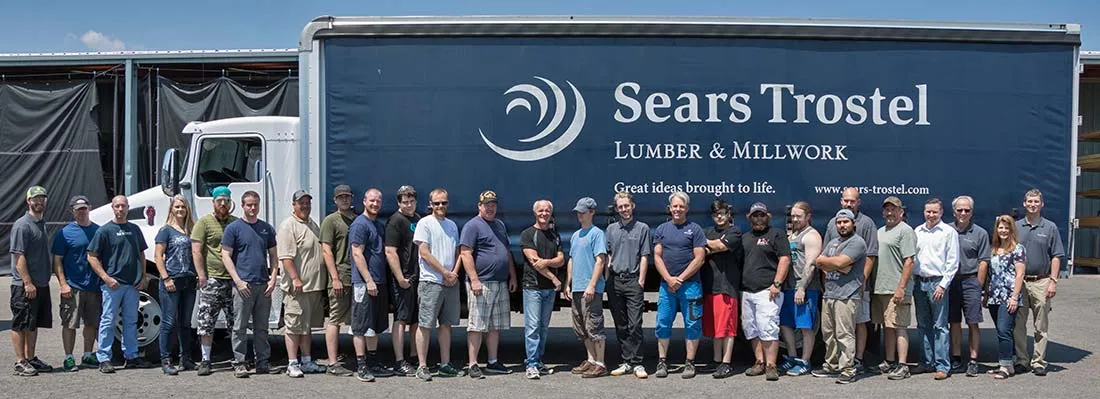Table of Contents
My kids are 10-year-old twins, and they do everything together. So we have an annual late-summer tradition where I travel, one-on-one, with each child. These trips have become fabulous experiences and memories, and “the other twin” does some special activities with my wife at home while we’re gone.
I’m just back from such a trip with my son. We went to Philadelphia, where we saw the Cubs lose a heartbreaker to the Phillies and took in the amazing U.S. history there. You can literally feel the birth of America there. (Soon I go to Amelia Island with my daughter, who wants to hunt for big shells and shark teeth on the beach.)
These are singular, unforgettable experiences for us. Similarly, we should be creating singular, unforgettable experiences for our customers and prospects. We need to talk to people in a way that’s in their best interest, without fear of losing the sale. We need to talk to prospects in a way that’s helpful to them, in a way that nobody else talks to them. Challenge preconceived notions. Push back where necessary, if it will be helpful to the prospect.
Let me give you an example. After spending four hours in a sales meeting with a prospect recently, I gave them some feedback before leaving. I observed their conversation with each other, and told them there is a complexity to their interaction, and that they need to simplify things as a leadership team. One of the things they needed to simplify was their consideration of whether to work with me.
It’s not hard. Do you want to grow, and if so when do you want to start adding 10-20% to your top line? There is the decision. I’m guessing nobody has ever told them this before. They became a client, and have repeatedly told me that this interaction was memorable and immediately helpful to them.
Be memorable and even singular. When we call a customer or prospect on the phone, for example, we are quite possibly the only ones doing so today. We think everybody is calling, but they are not. Most people have a fear of bothering and annoying the customer (sound familiar?). So nearly everyone avoids the phone and emails instead. When we call, with value, we are memorable. “Tom, I was just thinking about you. How are you? How’s your family? What are you working on these days that I can help you with?” How many calls like this do you think your customers get? That’s right: probably none.
When we follow up on quotes and proposals, we are memorable. Because almost nobody does this either. The irony (or tragedy) here is that customers want us to follow up. They appreciate it. It makes their lives easier. But most people avoid quote and proposal follow-ups for the same reason that we avoid making proactive phone calls: we don’t want to bother the customer.
But when you call and say, “Tom, I was thinking about you, where are you on that quote…” you are not bothering the customer. You are helping them. And they value it. They value you.
You probably noticed that both techniques above contain the phrase “I was just thinking about you.” That’s because those words alone make us singular. Who says that? And also, it is impossible to get mad at you when you tell somebody you are thinking about them.
When we are present we are memorable. When we demonstrate to our customers and prospects that we care, they appreciate us. Because most people don’t do this. And in return, they will thank us with their money.









